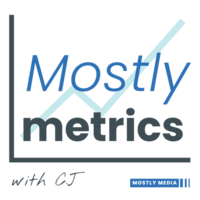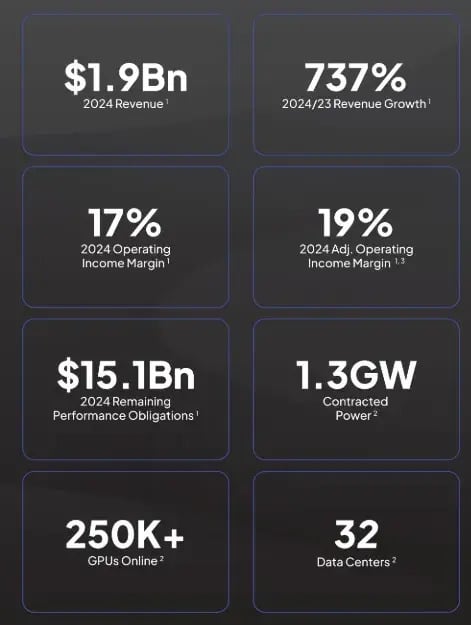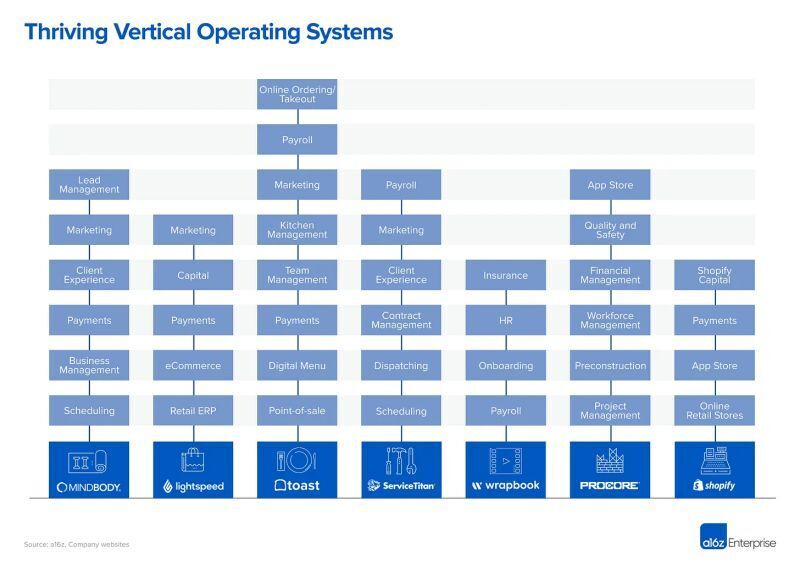- Home
- Posts
- Hiring Your Finance Team: A Blueprint for Getting the Order Right
Hiring Your Finance Team: A Blueprint for Getting the Order Right
In What Order Should You Hire Key Finance Roles?
Subscribe to our premium content to read the rest.
Become a paying subscriber to get access to this post and other subscriber-only content.
UpgradeYour subscription unlocks:
- In-depth “how to” playbooks trusted by the most successful CFOs in the world
- Exclusive access to our private company financial benchmarks
- Support a writer sharing +30,000 hours of on-the-job insights








